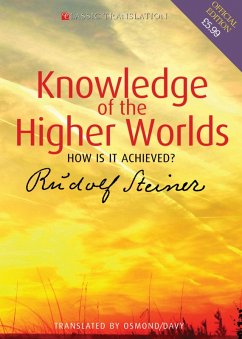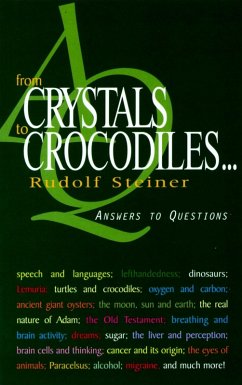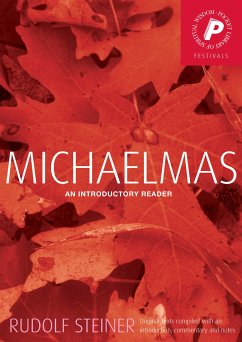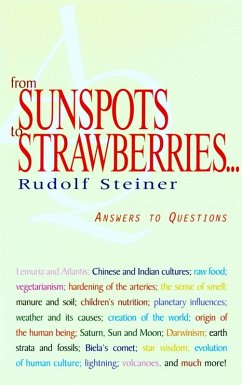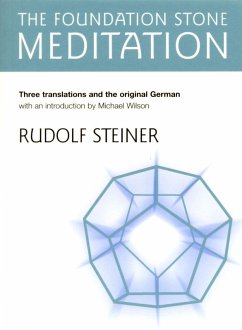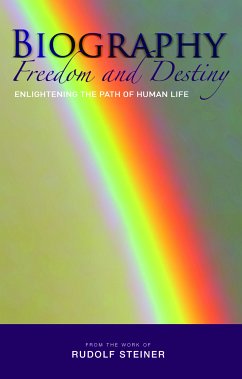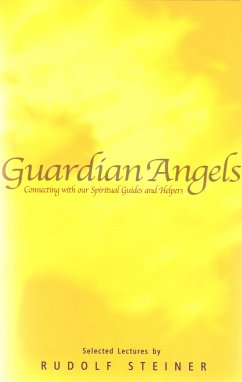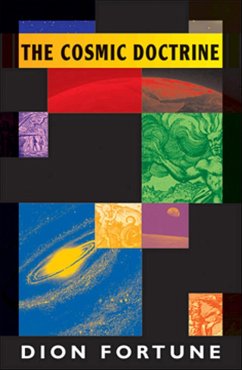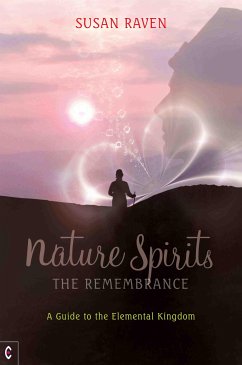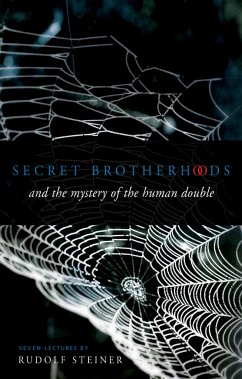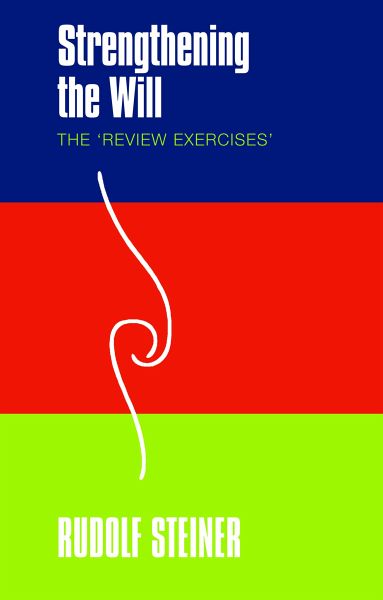
Strengthening the Will (eBook, ePUB)
The 'Review Exercises'
Übersetzer: Barton, Matthew
Versandkostenfrei!
Sofort per Download lieferbar
7,00 €
inkl. MwSt.
Weitere Ausgaben:

PAYBACK Punkte
0 °P sammeln!
The review exercises bring the experiences of our daily lives to full awareness. By directing our attentive gaze to what has happened - whether in a single day or in whole phases of life - we kindle light in our will. Undertaking such a review backwards, in reverse sequence, or from an 'external perspective', requires a huge inner effort as we establish distance between ourselves and our daily experiences.In this essential handbook the editor has drawn together virtually all Rudolf Steiner's statements on the review exercises, supporting them with commentary and notes. Described from different...
The review exercises bring the experiences of our daily lives to full awareness. By directing our attentive gaze to what has happened - whether in a single day or in whole phases of life - we kindle light in our will. Undertaking such a review backwards, in reverse sequence, or from an 'external perspective', requires a huge inner effort as we establish distance between ourselves and our daily experiences.In this essential handbook the editor has drawn together virtually all Rudolf Steiner's statements on the review exercises, supporting them with commentary and notes. Described from different perspectives and approaches, there are a surprising range of suggestions for carrying them out. Individual chapters focus on reviewing the day (transforming the power of memory); reviewing events in your life (awakening the higher self); reviewing the other's perspective (awakening social impulses); exercises in thinking backwards (illuminating the will); and more.
Dieser Download kann aus rechtlichen Gründen nur mit Rechnungsadresse in A, B, BG, CY, CZ, D, DK, EW, E, FIN, F, GR, H, IRL, I, LT, L, LR, M, NL, PL, P, R, S, SLO, SK ausgeliefert werden.





